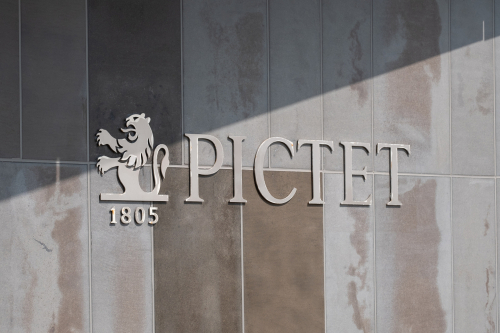U.S. Sen. Ron Wyden (D-OR), chair of the Senate Finance Committee, launched an investigation into the multinational Swiss bank Pictet to determine whether it is abetting ongoing tax evasion by a U.S. citizen under criminal investigation.

Committee investigators have reviewed evidence, including bank records documenting highly suspicious transfers between Pictet accounts. That includes $255 million transferred out of accounts belonging to a U.S. billionaire and into accounts nominally owned by a known associate of the U.S. billionaire.
However, evidence reviewed by the committee indicates that the U.S. billionaire retained effective control of the funds and continued to receive correspondence pertaining to the funds, including Foreign Account Tax Compliance Act document requests. This was well after transferring the funds to accounts that ostensibly belonged to his associate. Additionally, the billionaire continued to meet regularly in the U.S. with Pictet employees even after the original accounts in the U.S. billionaire’s name were emptied.
Among other things, Wyden wants to know whether this conduct is covered by the $123 million fine Geneva-based Pictet paid as part of its recent deferred prosecution agreement (DPA) with the Department of Justice.
U.S. citizens with offshore bank accounts are required to file an annual Report of Foreign Bank and Financial Accounts (FBAR) for any account with an aggregate value more than $10,000. If the U.S. citizen involved in the Pictet matter under investigation is found to have concealed $255 million in undeclared offshore accounts, it could result in one of the largest FBAR penalties in U.S. history, if not the largest.
“I am seeking additional information to better understand whether the scope of the DPA’s admitted criminal conduct accurately reflects the full extent of Pictet’s illicit activity on behalf of U.S. clients. I also wish to better understand why Pictet only paid a paltry penalty of just $122.9 million, despite admitting to tax fraud involving over $5.6 billion worth of undeclared offshore accounts. The fine paid by Pictet is substantially smaller than that paid by other Swiss banks in the past for criminality involving multi-billion dollar tax evasion schemes,” Wyden wrote in a letter to Laurent Ramsey, managing partner of the Pictet Group.
Wyden added that the FBAR penalty levied on an individual taxpayer could actually exceed $125 million, which alone would surpass the entire fine paid by Pictet regarding its role in the concealment of over $5 billion in undeclared offshore accounts.
“If true, the allegations against Person 1 and Person 2 could involve potentially the largest individual FBAR penalty in U.S. history,” he wrote.
Wyden sought answers from Pictet on some 25 related questions by April 22.